PS: Jelly Ko VIPs are shopping 25% off right now at jellyko.com: Join the email list there for early access.
Menu
PS: Jelly Ko VIPs are shopping 25% off right now at jellyko.com: Join the email list there for early access.
Products
Silicones in K-Beauty Makeup & Skincare
July 13, 2021
Silicones in K-Beauty Makeup & Skincare
Episode Description:
Don’t you just love it when your skincare glides on silky and smooth? Chances are that’s due to silicones in the formula. Today, we’re getting up to speed on silicones in K-beauty makeup & skincare!
CONNECT WITH ME
Instagram: www.instagram.com/lauren.kbeauty
Facebook: www.facebook.com/stylestory.au
Website: www.thekoreanbeautyshow.com
Pinterest: https://www.pinterest.com.au/stylestoryau
Tik Tok: https://vt.tiktok.com/ZSaHUgHL/
Download Your Free Guide to K-Beauty: https://manage.kmail-lists.com/subscriptions/subscribe?a=XgHS8t&g=SmUKyF
Episode Summary:
K-Beauty News Headlines - MFDS Pushes the Expansion of the Recyclability of Cosmetic Containers
The Ministry of Food and Drug Safety is pushing for improvements in the recyclability of cosmetics containers, introducing guidelines allowing consumers to directly divide cosmetics containers to help expand their recyclability.
These changes are part of the Ministry’s preparations for the era of carbon neutrality in the wake of the "2021 Seoul Green Future Summit”.
Reports indicate that they are expecting a positive impact on the spread of eco-friendly consumption by recycling more than 100,000 tons of plastic every year.
Currently, about 300,000 tons of recycled PET materials are produced every year, but most of them are recycled into low-cost industrial materials.Renewable plastics will improve the system so that they can be used as food containers if they meet safety standards.
The Ministry is preparing guidelines for quality and safety management that will allow cosmetics containers to be recycled and refilled at customized cosmetics stores.
The Head of the Ministry has stated that, “It is important to revitalize the eco-friendly cosmetics industry”.
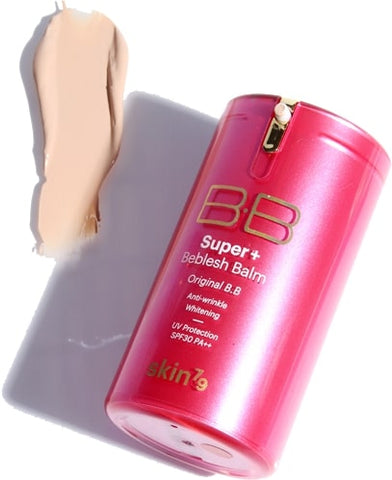
What is silicone?
Silicone…sounds artificial. Is that a bad thing? Not necessarily.
Silicones come from sand (known as silica), but get turned into an artificial element through a chemical process that adds in other elements like oxygen, hydrogen and carbon. So the raw ingredients start off natural, and become artificial.
Silicones in a Cosmetic Ingredients List
Also note that silicones might not be labelled as such on your skincare products – there are quite a few types of silicones. Ones to look out for in skincare are:
-
Methicone
-
Cylomethicone
-
Dimethicone
-
Phenyl trimethicone, and
-
Amodimethicone.
Silicon types often end in ‘-cone’, so if you’re curious if your skincare contains silicone, this is a pretty reliable way to find out!
What is the role of silicone in a skincare or makeup product?
The role of silicones in K-Beauty and skincare generally is to form a protective barrier on the skin; one that feels thin and light. This is why you’ll often see them in formulas designed to smooth the pores.
Your skin doesn’t actually absorb silicone though. Silicone is a permeable, breathable barrier – an easy way to think of this is like a net. This net carries your skincare’s active ingredients, whose molecules are smaller than the holes of the net so that the ingredients can be absorbed by your skin.

What are the benefits of silicones in cosmetics?
The nature of silicones means that they can make your skin seem more radiant and even, as they lay upon lines or pores. This obviously makes them ideal for cream-based cosmetic skincare – think foundations, primers and BB creams.
Benefits of silicon include making your skincare more consistent in texture, which improves spreadability and can also boost water retention.
Silicones play an important function in waterproof cosmetics and hair care products designed to tame frizz. Similarly, in colour cosmetics the - siloxane type of silicones make the pigment and colours last longer.
Regulation of Silicones Around the World
There are different regulations of silicones all around the world. Firstly, there are no regulations regarding dimethicone in the EU, US or Australia. However, there are regulations around other silicones, like Cyclotetrasiloxane and Cyclopentasiloxane. The main concerns here are inhalation (so from spray type products) and ingestion (from lip products etc). In addition, there are regulations around the limit of silicones allowed in cleansing products in Europe too.
The Korean Food and Drug Administration looked into silicones a few years ago and the biggest issue they identified is that they don’t biodegrade.
Silicones in Korean Makeup and Skincare
-
You’ll find silicones in cleansers (Skinfood Black Sugar Scrub Foam), primers (Etude House Face Blur Primer), BB Creams (Skin79 BB Cream), foundation (April Skin Magic Snow Foundation), cushions (Clio Kill Cover), wash off masks (Skinfood Rice Mask Wash Off), lip products (Laneige Lip Sleeping Mask)
-
Foundations, sunscreen, moisturisers (COSRX Advanced Snail Cream), hair products like hair essences (APLB Booster Clinic Hair Essence) and conditioner.
Some brands, like Beigic, claim to avoid silicones.
Should I worry about silicone in my makeup and skincare?
This is where it gets a little tricky – let’s remember how silicone works. Firstly, it is a breathable, permeable barrier (just like a net). Secondly, as a barrier, silicone’s molecules are too large to be absorbed by your skin.
While there are skincare users who do report irritation, sensitivity and breakouts from products containing silicone this isn’t everyone. It’s also possible that silicone can cause allergic reactions for some users.
If silicone residues are left on the skin or scalp (say from not rinsing properly), this can disturb the skin’s natural pH balance, block pores and cause things like seborrheic dermatitis.
That’s not to say silicones are all bad. Active ingredients have to be carried somehow, and a popular alternative to silicones are botanical oils and waxes, which will feel heavier, stickier and can also lead to clogged pores for acne-prone skin.
Who I’d recommend to use silicones in their beauty products:
-
People who really need to use primer - if your makeup slips around after a few hours or dries your skin out causing flaking after you’ve applied it, a makeup primer featuring silicones will assist.
-
People looking for waterproof sunscreen or cosmetics
-
People with oily or acne prone skin - this is because silicones cause less acne than natural oils for people with oily skin
Whether you choose to use silicone-based products or not, now you know the pros and cons. As always, I recommend patch testing new products to see if they work for you!
What to do if you liked today’s episode - Silicones in K-Beauty Skincare Ep-62
-
Don’t forget to rate and review the show to let others know!
-
Upload a photo of yourself listening to social media
STYLE STORY - Your Go-To for K-Beauty Since 2014
All products recommended on the Korean Beauty Show podcast are selected by us. Some of our Show Notes include affiliate links. If you buy something through one of these links we may earn an affiliate commission. This helps offset the costs associated with producing the podcast.
Shop Now
"Silicone is a permeable, breathable barrier – an easy way to think of this is like a net."
- Lauren Lee, Host of the Korean Beauty Show podcast
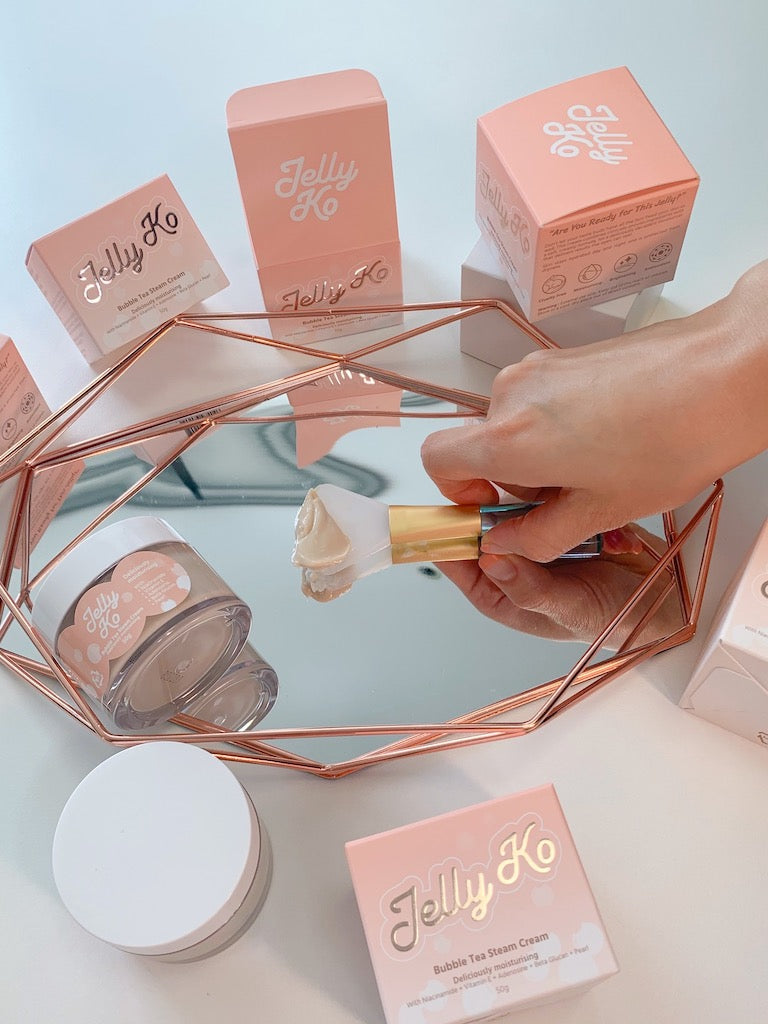
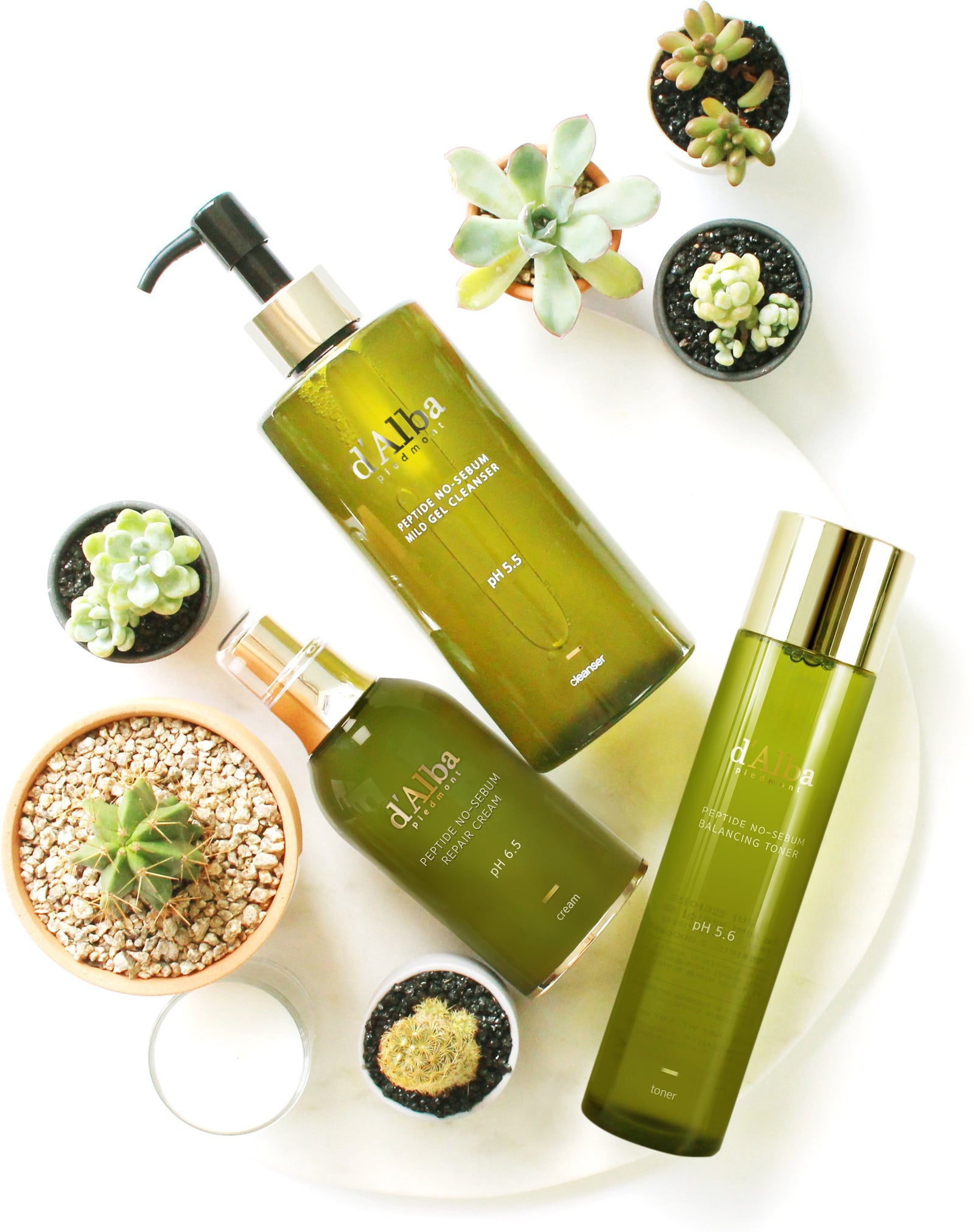
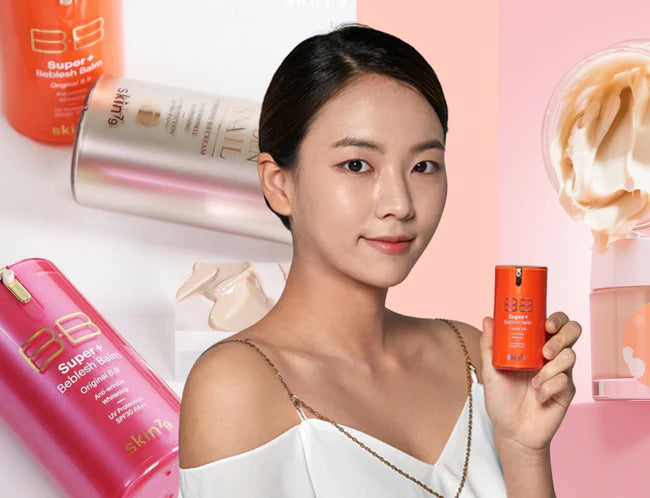
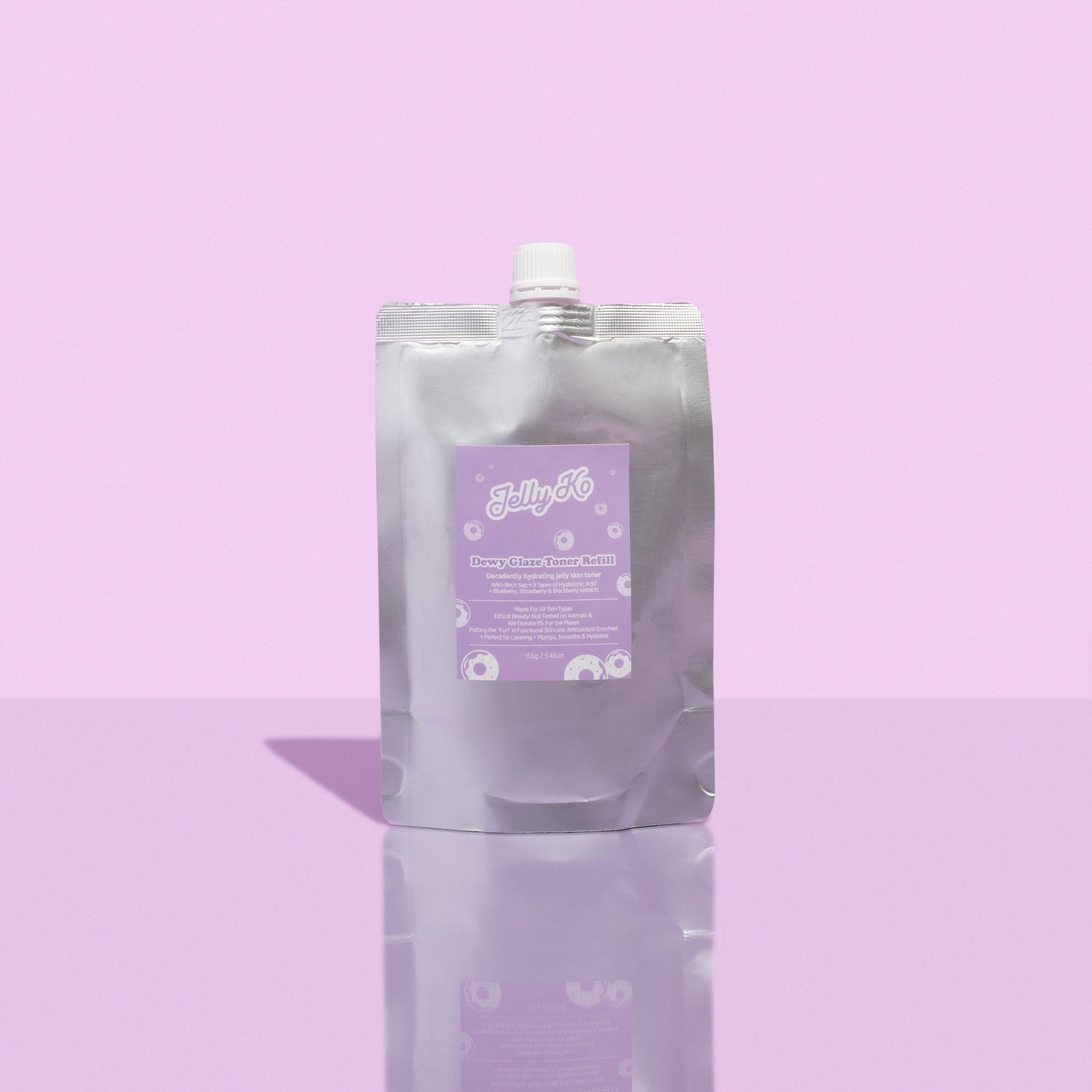
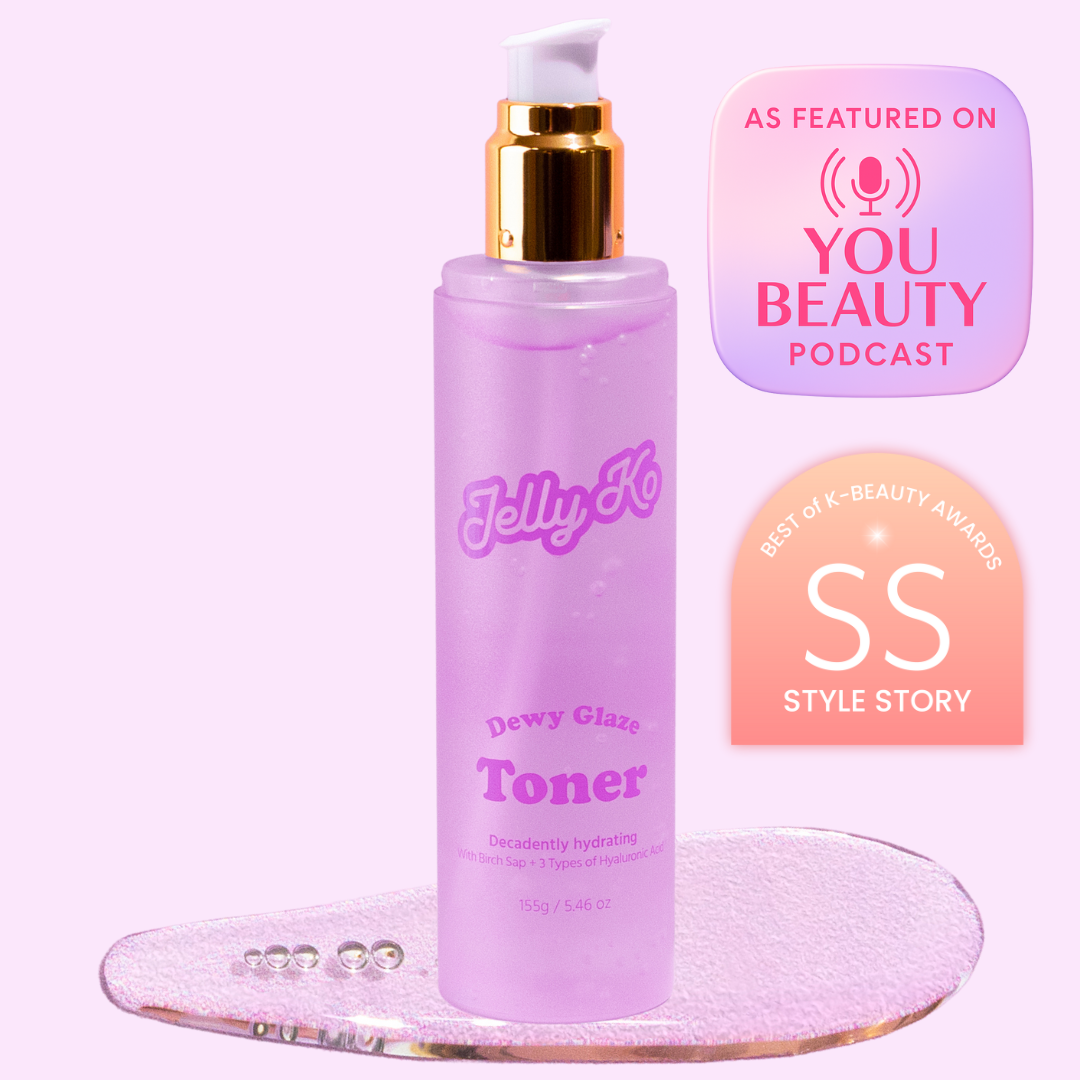
Leave a comment
Comments will be approved before showing up.